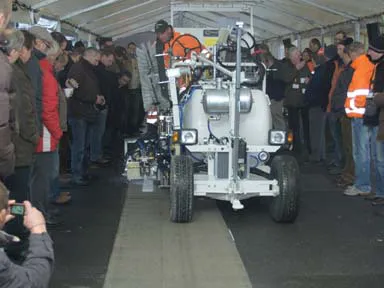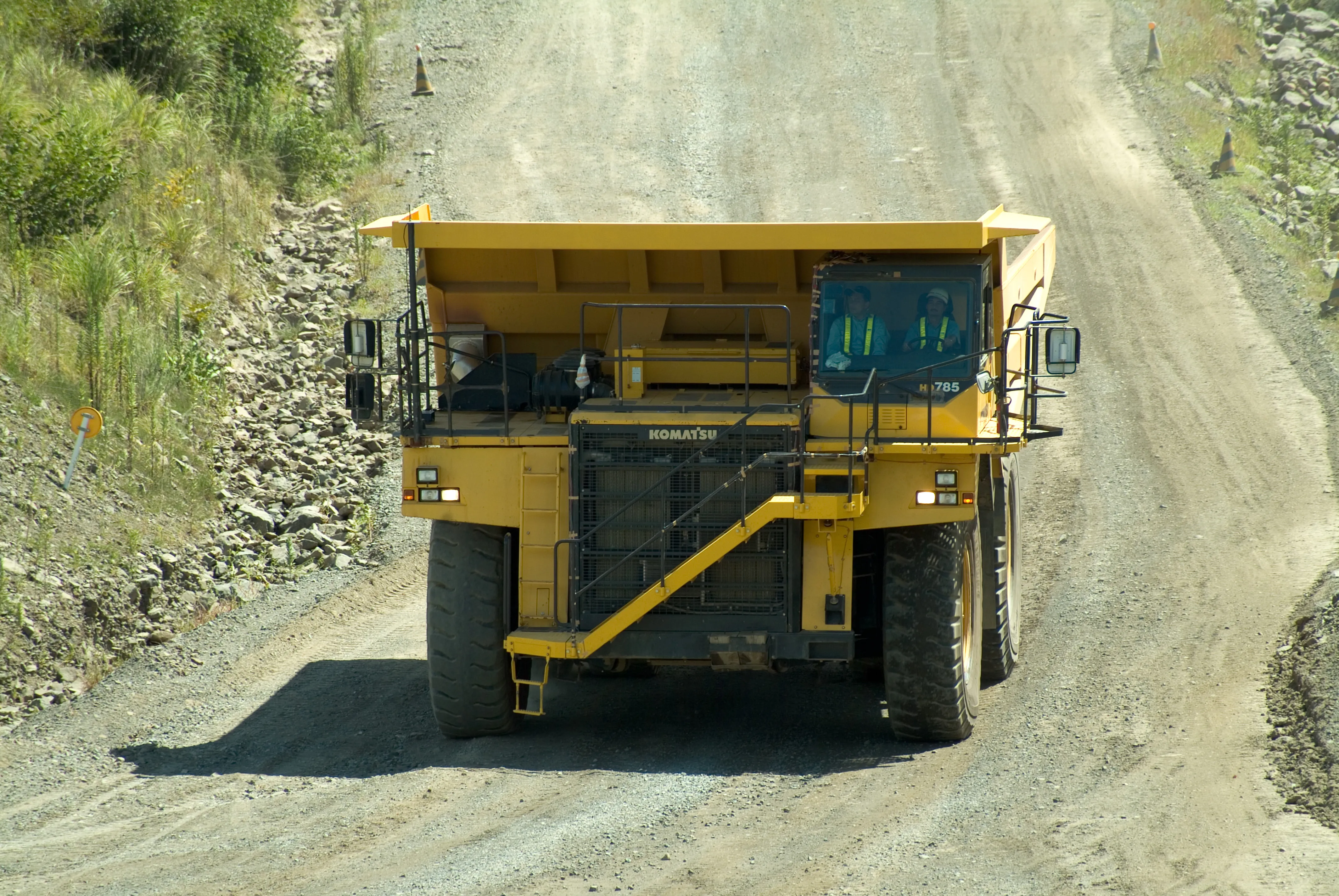Several important EU-funded road research projects will impact on recycling and life-cycle thinking Three new European Union-funded road research related projects have started and they are likely to have an impact on recycling and life-cycle thinking. The RE-Road project aims to develop knowledge and innovative technologies for enhanced end-of-life strategies for asphalt roads. Such a strategy has an important impact on the energy efficiency and the environmental footprint of the European transport system a
July 19, 2012
Read time: 5 mins
Several important EU-funded road research projects will impact on recycling and life-cycle thinking
Three newIt leads to reduction of the need for new raw materials; prevents the creation of waste and the occupation of landfills and consequently minimises the need to transport these materials to and from the work site and hence reducing energy, pollution including CO2 emissions.
The project will cover a number of topics that are important for the determination of an end-of-life strategy. These include:
- Dismantling strategies: impact and potentially adverse effect of different dismantling procedures on the quality of reclaimed asphalt (RA) will be investigated.
- Characterisation strategies: improving characterisation of RA and technical evaluation of RA as a raw material considering the heterogeneity of the material and considering the specific industrial process for producing the asphalt mix.
- Handling strategies: optimisation of the recycling at highest possible level and for the original layer, depending on the RA characterisation and environmental sound reuse or disposal of the marginal materials that can not be recycled.
- Environmental criteria: assessment of risks and benefits to the environment with the use of RA will be developed. Special attention will be paid to potentially harmful substances (like tar-containing asphalt) and life cycle analysis (LCA) will be used as a tool for this assessment.
- Cost-effective recycling: short and long term performance, life time prediction by modelling of asphalt mixes produced with different levels RA and with different production techniques.
- Industrial processes: study of the potentially adverse effect on the final asphalt mix quality derived from the specific method for introducing the RA in the mixing plant. How to avoid problems in the recycling of polymer modified RA and how to take full advantage of their special qualities.
Partners in the are: VTI,
TYROSAFE
Project The second project, TYROSAFE, aims to raise awareness, coordinate and prepare for European harmonisation and optimisation of the assessment and management of essential tyre/road interaction parameters to increase safety and support greening of European road transport.
This coordinating action will focus on the road surface; tyres and on the interaction between the two. Only an optimised interaction can lead to a high level of safety for drivers on the roads in European countries while ensuring the most positive greening effect, through reduction of CO2 output and noise emissions.
The project will provide a synopsis of the current state of scientific understanding and its current application in national and European standards. It will identify the needs for future research and propose a way forward in the context of the future objectives of European road administrations in order to optimise three key properties of European roads: skid resistance, rolling resistance and tyre/road noise emission. Partners are Arsenal Research,
DIRECT-MAT
Work is to start on a new EU-funded project to encourage road recycling. The object of DIRECT-MAT (DIsmantling and RECycling Techniques for road MATerials) is to share knowledge and practices on recycling road and closely-related road waste with the aim of ensuring an environmentally-friendly and sustainable end-of-life prospects for road infrastructure. It also forms part of the EU's Seventh Framework Programme of Research (FP7) which runs from 2007 until 2013.
According to FEHRL (Forum of European Highway Research Laboratories), road material recycling processes have previously been studied in national and European research projects and have led to various levels of practical implementation. Unfortunately, the national experiences developed across Europe almost never benefit other European countries. This is especially true for the newer Member States. Furthermore, existing knowledge and practices are presently scattered.
The aim of this project is to identify reliable practice-oriented data on all types of road materials and waste.
Field experience and relevant research issues will be integrated into a Web database to provide the European road community with unrestricted access to updated online data on end products that have been classified, assessed and illustrated with jobsite practices for dismantling and recycling applications. This database will not only offer information to stakeholders on facilitating the correct re-use of road and closely-related road waste products back into roads without generating health impacts, but will also provide technical and scientific information for CEN Technical Committees.
Such a tool will make it possible to better identify outstanding research needs in this area. Best practice guides on green techniques for recycling road and closely-related road waste back into roads will be delivered. Benchmarking processes will be detailed and shared by all stakeholders in order to achieve a road material recyclability level of nearly 100%.
FEHRL will contribute by performing decisive clustering tasks and engaging in a comprehensive dissemination plan to promote the required knowledge sharing for end-users. The DIRECT-MAT project should last three years.







